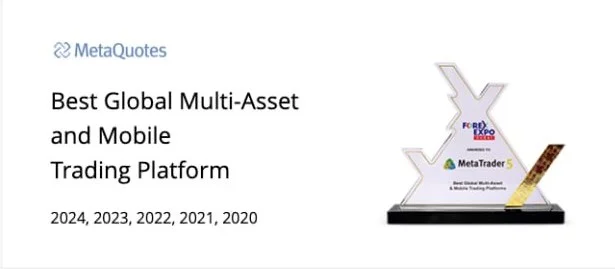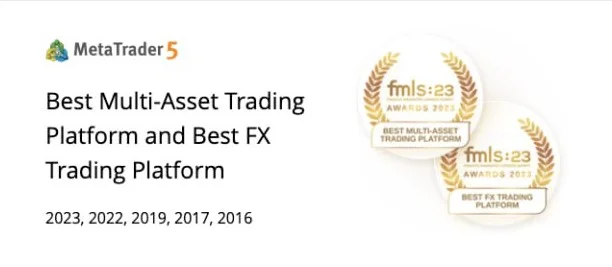What if there was a low-risk way to sell near the top or buy near the bottom of a trend?
What if you were already in a long position and you could know ahead of time the perfect place to exit instead of watching your unrealized gains, a.k.a your potential Aston Martin down payment or future Christian Louboutin high heels, vanish before your eyes because your trade reverses direction?
What if you believe a currency pair will continue to fall but would like to short at a better price or a less risky entry?
Well, guess what? There is a way!
It’s called divergence trading.
In a nutshell, divergence can be seen by comparing price action and the movement of an indicator.

It doesn’t really matter what indicator you use.
You can use RSI, MACD, Stochastic, CCI, etc.
The great thing about divergences is that you can use them as a leading indicator, and after some practice, it’s not too difficult to spot.
When traded properly, you can be profitable with divergences.
The best thing about divergences is that you’re usually buying near the bottom or selling near the top.
This makes the risk on your trades very small relative to your potential reward.
Cha-ching!

Divergencias comerciales
Just think “higher highs” and “lower lows“.
Price and momentum normally move hand in hand like avocado and toast, Hansel and Gretel, Ryu and Ken, Batman and Robin, Jay Z and Beyonce, Kobe and Shaq, salt and pepper…You get the point.

If the price is making higher highs, the oscillator should also be making higher highs. If the price is making lower lows, the oscillator should also be making lower lows.
If they are NOT, that means price and the oscillator are diverging from each other. And that’s why it’s called “divergence.”
Divergence trading is an awesome tool to have in your toolbox because divergences signal to you that something fishy is going on and that you should pay closer attention.
Using divergence trading can be useful in spotting a weakening trend or reversal in momentum. Sometimes you can even use it as a signal for a trend to continue!
There are TWO types of divergence:
- Regular
- Hidden
In this grade, we will teach you how to spot these divergences and how to trade them.
We’ll even have a sweet surprise for you at the end.


